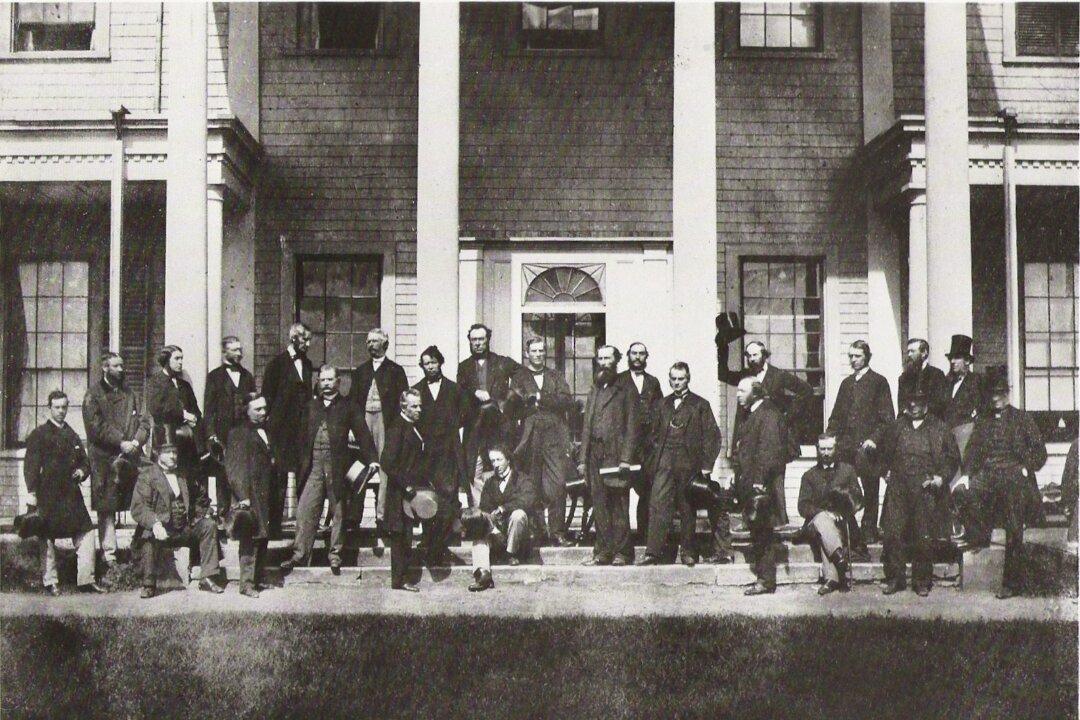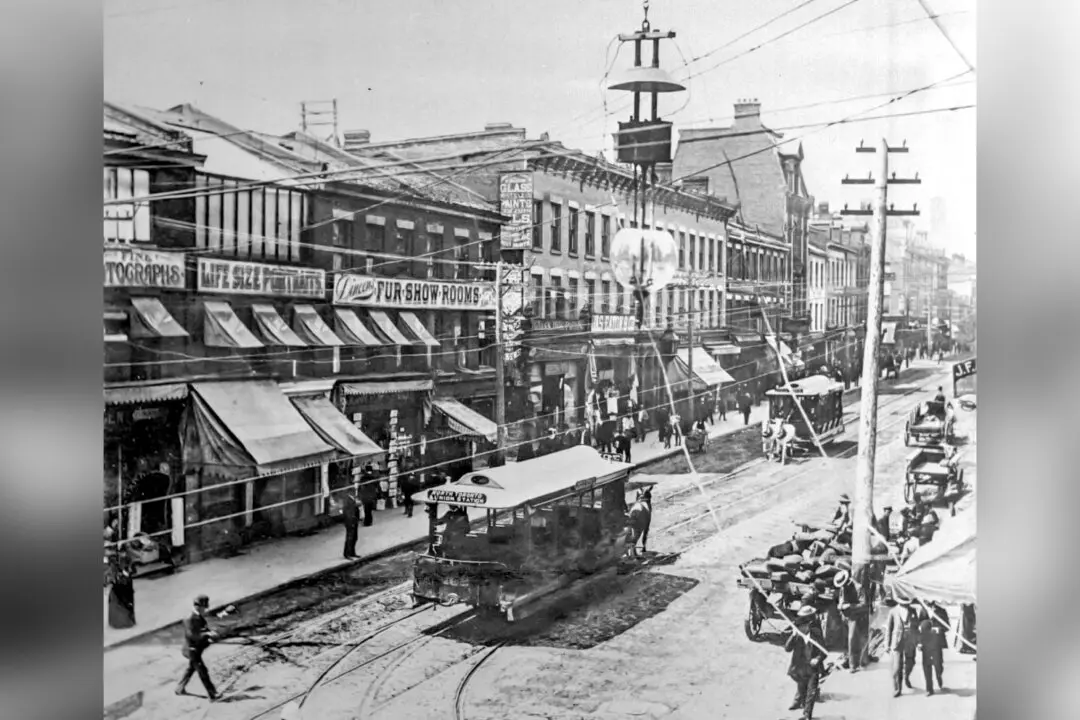Commentary
Throughout human history there have been innumerable forms of government devised to bring order and law to societies. Empires, kingdoms, anarcho-syndicalist communes, soviets, emirates, oligarchies, theocracies, fascist dictatorships, people’s republics, federal republics, revolutionary triumvirates, tribal councils, colonial governments, military juntas, etc. But none have achieved the combination of social stability and popular participation that mark the history of the British parliamentary system of responsible government.





